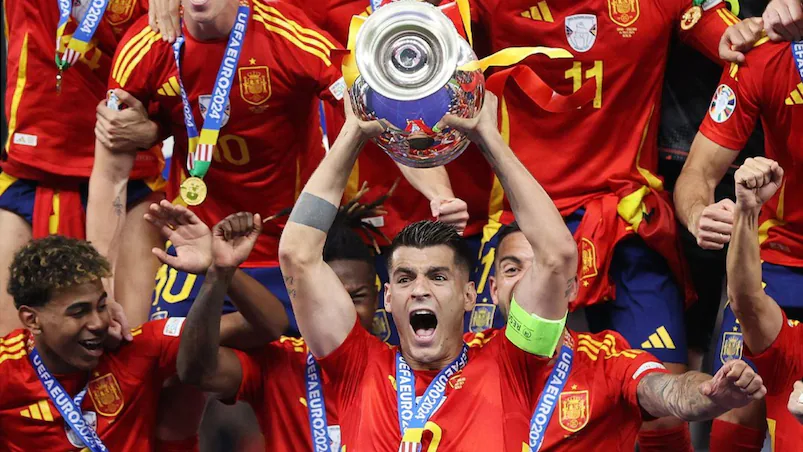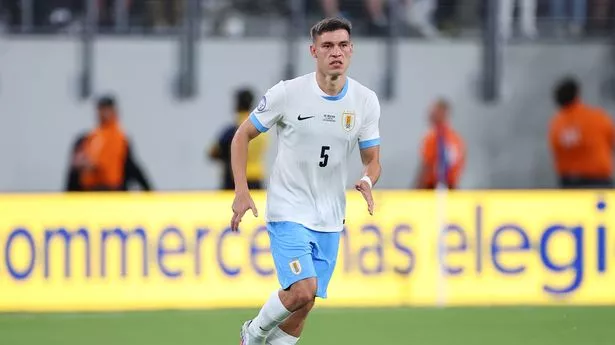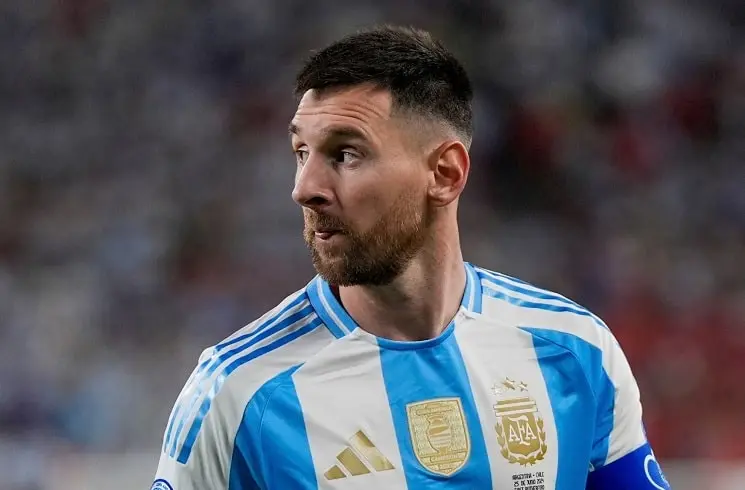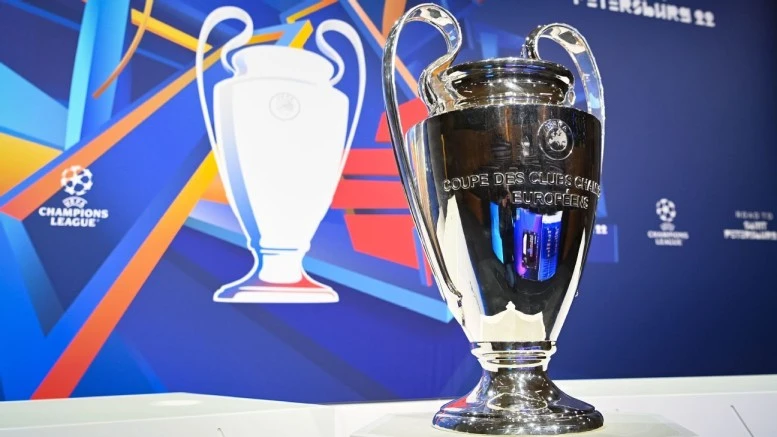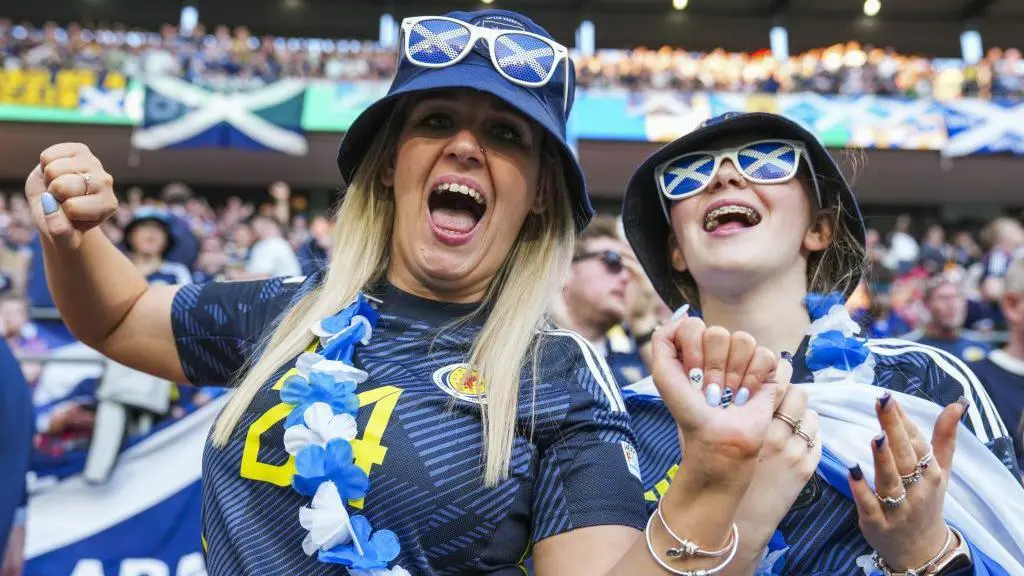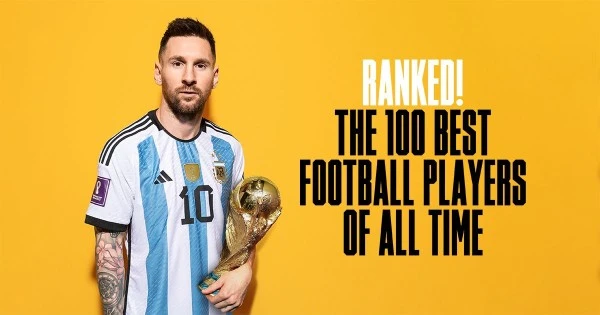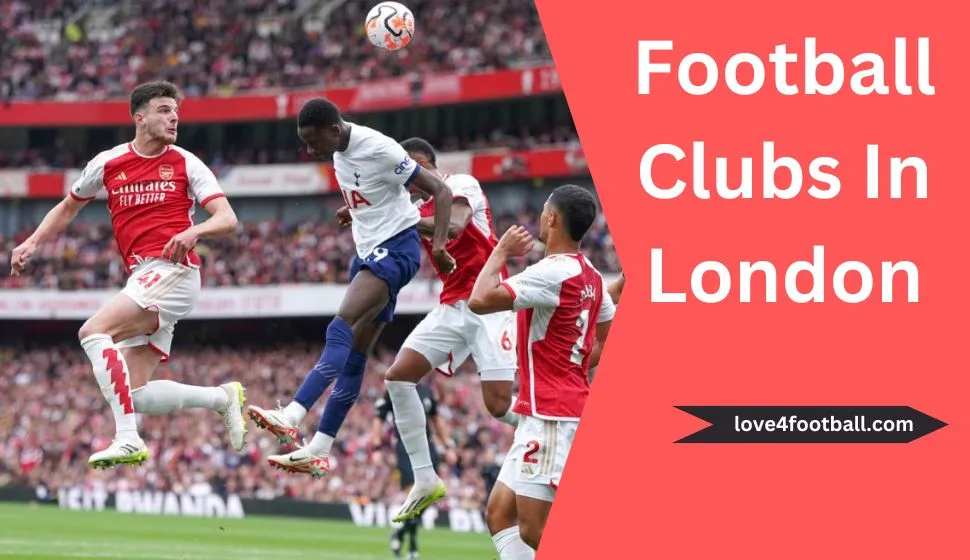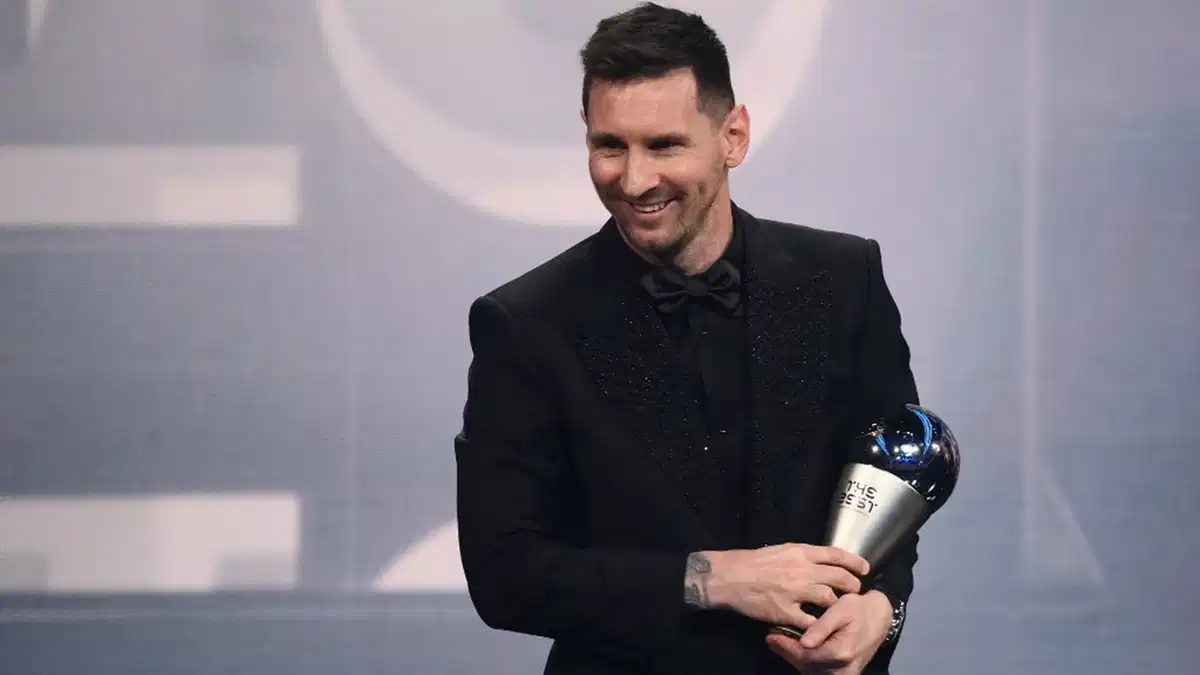
The Best FIFA Football Awards 2022: Best Men’s Player, FIFPro World XI, favourites and date
While FIFA no longer runs the prestigious Ballon d’Or, it’s rather awkwardly-named The Best FIFA Football Awards are still a landmark ceremony every year.
Not only is a Best Men’s player award handed out, but there are also a number of other massive honours including the FIFPro World XI, the Puskas Award and the Best Women’s player.
FIFA 23 Player Ratings: Top 100 players on the game
Recognition is also given off the pitch to the top coaches in the men’s and women’s game, and the array of awards are still as important as any others.
Here at FootballTransfers, we have compiled everything you need to know ahead of the 2022 iteration of the The Best FIFA Football Awards.
What are The Best FIFA Football Awards?
Following the 1990 World Cup in Italy, FIFA decided to launch its own ceremony to celebrate the best player in the world every year. It slowly gained traction, incorporating a women’s award in 2001 and several other trophies.
There are now nine awards, as well as a FIFPro 11. Those nine awards are: The Best FIFA Men’s Player, The Best FIFA Women’s Player, The Best FIFA Men’s Coach, The Best FIFA Women’s Coach, FIFA Fair Play Award, FIFA Puskas Award, FIFA Fan Award, The Best FIFA Men’s Goalkeeper and the Best FIFA Women’s Goalkeeper.
How are The Best FIFA Football Awards decided and who votes?
Unlike the Ballon d’Or, The Best FIFA Football Awards include fans in the voting process, giving the people a voice.
The voting for the FIFA Puskas Award, for example, sees fans vote online for one of the 11 finalists drawn up by a panel of experts, with a final trio then decided.
Fans are responsible for 50 per cent of the votes cast, with a panel of football experts providing the other 50 per cent to decide the eventual winner.
The FIFA Fan Award is entirely decided by fans, with no input from journalists, coaches or players when it comes to determining the winner. Three moments are chosen and fans vote online to ultimately decide the winner.
Fans also have the chance to cast their votes for The Best FIFA Men’s and Women’s Player, The Best FIFA Men’s and Women’s Coach and The Best FIFA Men’s and Women’s Goalkeeper awards.
Fans can vote for their top three favourites per category, with first choice generating five points, second choice three points, and third choice one point.
Fans make up 25% of the vote, with the other 75% coming from: national coaches of FIFA Member Associations, their team captains, and a select group of media from those countries.
The voting window is usually over a two-week period around a month out from the awards ceremony.
When is The Best FIFA Football Awards 2022 ceremony?
Unlike the Ballon d’Or, The Best FIFA Football Awards is given based on performances over the calendar year of January to December, rather than the standard football season of August-June.
As such the ceremony takes place around the turn of the year. The ceremony for the 2021 awards took place on January 17 2022, so the ceremony for the 2022 iteration will likely take place at a similar time just slightly into the new year.
Where is The Best FIFA Football Awards 2022 ceremony?
As it is a FIFA event, the ceremony will take place in the organisation’s heartland in Zurich, Switzerland.
The venue is the same each year, though the last couple of versions have seen guests arrive virtually due to COVID-19 restrictions.
What is The Best FIFA Men’s Player award?
The Best FIFA Men’s Player award is exactly that – the award given to the best men’s player of the given year.
It is voted on by a number of different groups of people within football and ultimately awarded after the shortening of an original shortlist.
READ MORE: The Best FIFA Football Awards 2021: Best Men’s Player, Puskas Award, favourites and date
The current holder of the award is Robert Lewandowski of Bayern Munich, who beat Lionel Messi and Mohamed Salah to the 2021 award.
Those three are expected to be challenging for the award again, although the likes of Karim Benzema, Erling Haaland and Kylian Mbappe will all be among the favourites and hoping to break through in 2022.
Benzema is the favourite to win the 2022 Ballon d'Or and thus is the favourite for the FIFA prize too currently.
Past winners of The Best FIFA Men’s Player award and FIFA World Player of the Year
| Year | Winner |
| 1991 | Lothar Matthaus (Germany) |
| 1992 | Marco van Basten (Netherlands) |
| 1993 | Roberto Baggio (Italy) |
| 1994 | Romario (Brazil) |
| 1995 | George Weah (Liberia) |
| 1996 | Ronaldo (Brazil) |
| 1997 | Ronaldo (Brazil) |
| 1998 | Zinedine Zidane (France) |
| 1999 | Rivaldo (Brazil) |
| 2000 | Zinedine Zidane (France) |
| 2001 | Luis Figo (Portugal) |
| 2002 | Ronaldo (Brazil) |
| 2003 | Zinedine Zidane (France) |
| 2004 | Ronaldinho (Brazil) |
| 2005 | Ronaldinho (Brazil) |
| 2006 | Fabio Cannavaro (Italy) |
| 2007 | Kaka (Brazil) |
| 2008 | Cristiano Ronaldo (Portugal) |
| 2009 | Lionel Messi (Argentina) |
| 2010 | Lionel Messi (Argentina) |
| 2011 | Lionel Messi (Argentina) |
| 2012 | Lionel Messi (Argentina) |
| 2013 | Cristiano Ronaldo (Portugal) |
| 2014 | Cristiano Ronaldo (Portugal) |
| 2015 | Lionel Messi (Argentina) |
| 2016 | Cristiano Ronaldo (Portugal) |
| 2017 | Cristiano Ronaldo (Portugal) |
| 2018 | Luka Modric (Croatia) |
| 2019 | Lionel Messi (Argentina) |
| 2020 | Robert Lewandowski (Poland) |
| 2021 | Robert Lewandowski (Poland) |
What is The Best FIFA Men’s Goalkeeper award?
Similar to The Best FIFA Men’s Player, but solely for goalkeepers, The Best FIFA Men’s Goalkeeper award celebrates the best player in between the sticks each calendar year, to give more recognition to a position that seldom wins individual prizes. The first award was handed out in 2017.
Past winners of The Best FIFA Men's Goalkeeper award
| Year | Winner |
| 2017 | Gianluigi Buffon (Italy) |
| 2018 | Thibaut Courtois (Belgium) |
| 2019 | Alisson Becker (Brazil) |
| 2020 | Manuel Neuer (Germany) |
| 2021 | Edouard Mendy (Senegal) |
What is The Best FIFA Men’s Coach award?
This award celebrates the work of the best coaches in world football, and it ultimately decides which manager is considered to have been the best over the past 12 months.
Past winners of The Best FIFA Men's Coach award
| Year | Winner |
| 2016 | Claudio Ranieri (Italy) |
| 2017 | Zinedine Zidane (France) |
| 2018 | Didier Deschamps (France) |
| 2019 | Jurgen Klopp (Germany) |
| 2020 | Jurgen Klopp (Germany) |
| 2021 | Thomas Tuchel (Germany) |
What is The Best FIFA Women’s Player award?
Just as with The FIFA Best Men’s Player, there is an award for the best female player each calendar year as well. It started in 2001, 10 years after the men’s award was introduced, and brings more recognition and attention to women’s football.
There are also female awards for The Best FIFA Women’s Goalkeeper, The Best FIFA Women’s Coach and a FIFA FIFPro Women’s World XI.
Past winners of FIFA Women’s Player of Year award
| Year | Player | Country |
| 2016 | Carli Lloyd | United States |
| 2017 | Lieke Martens | Netherlands |
| 2018 | Marta | Brazil |
| 2019 | Megan Rapinoe | United States |
| 2020 | Lucy Bronze | England |
| 2021 | Alexia Putellas | Spain |
What is the FIFA FIFPro Men’s World 11?
Since 2005, the world players’ union FIFPRO has asked professional footballers worldwide to select the best players in the game each calendar year, with over 25,000 players participating in the vote.
The goalkeeper, as well as the three defenders, three midfielders and three forwards who received the most votes are selected for the World 11. The remaining spot in the World 11 is assigned to the outfield player with the next highest number of votes who is not selected already.
The award celebrates the best 11 players in the world each year, and gives players who don’t have a realistic shot at winning the overall award, primarily defensive players, recognition for their work on the pitch.
Lionel Messi has the most appearances in the World 11 with 15, only just moving past Ronaldo with his selection in the XI of 2021. Ronaldo has 14 selections, while Sergio Ramos is next in terms of appearances, with 11.
Previous FIFPro Best XIs
2016: Manuel Neuer (Bayern Munich); Dani Alves (Barcelona/Juventus), Gerard Pique (Barcelona), Sergio Ramos (Real Madrid), Marcelo (Real Madrid); Andres Iniesta (Barcelona), Luka Modric (Real Madrid), Toni Kroos (Real Madrid); Lionel Messi (Barcelona), Luis Suarez (Barcelona), Cristiano Ronaldo (Real Madrid)
2017: Gianluigi Buffon (Juventus); Dani Alves (Juventus/Paris-Saint Germain), Sergio Ramos (Real Madrid), Leonardo Bonucci (Juventus/AC Milan), Marcelo (Real Madrid); Luka Modric (Real Madrid), Toni Kroos (Real Madrid), Andres Iniesta (Barcelona); Lionel Messi (Barcelona), Cristiano Ronaldo (Real Madrid), Neymar (PSG)
2018: David de Gea (Manchester United); Dani Alves (PSG), Sergio Ramos (Real Madrid), Raphael Varane (Real Madrid), Marcelo (Real Madrid); Luka Modric (Real Madrid), N’Golo Kante (Chelsea), Eden Hazard (Chelsea); Lionel Messi (Barcelona), Cristiano Ronaldo (Real Madrid/Juventus), Kylian Mbappe (PSG)
2019: Alisson (Liverpool); Sergio Ramos (Real Madrid), Matthijs de Ligt (Ajax/Juventus), Virgil van Dijk (Liverpool), Marcelo (real Madrid); Luka Modric (Real Madrid), Frenkie de Jong (Ajax/Barcelona), Eden Hazard (Chelsea/Real Madrid); Lionel Messi (Barcelona), Cristiano Ronaldo (Juventus), Kylian Mbappe (PSG)
2020: Alisson (Liverpool); Trent Alexander-Arnold (Liverpool), Sergio Ramos (Real Madrid), Virgil van Dijk (Liverpool), Alphonso Davies (Bayern Munich); Joshua Kimmich (Bayern Munich), Thiago (Bayern Munich/Liverpool), Kevin de Bruyne (Manchester City); Lionel Messi (Barcelona), Robert Lewandowski (Bayern Munich), Cristiano Ronaldo (Juventus)
2021: Gianluigi Donnarumma (Milan/PSG); David Alaba (Bayern Munich/Real Madrid), Leonardo Bonucci (Juventus), Ruben Dias (Manchester City); Jorginho (Chelsea), N'Golo Kante (Chelsea), Kevin de Bruyne (Manchester City); Lionel Messi (Barcelona), Robert Lewandowski (Bayern Munich), Kylian Mbappe (PSG), Erling Haaland (Borussia Dortmund).
What is the FIFA Puskas Award?
Created in 2009 in honour of Real Madrid icon Ferenc Puskas, captain and star of the Hungary national team during the 1950s, the FIFA Puskas Award is handed out to the player judged to have scored the best goal of the year.
The criteria are: an aesthetically beautiful goal, awarded without distinction of championship, gender or nationality.
Past winners of FIFA Puskas Award
| Year | Winner |
| 2009 | Cristiano Ronaldo (Manchester United) |
| 2010 | Hamit Altintop (Turkey) |
| 2011 | Neymar (Santos) |
| 2012 | Miroslav Stoch (Fenerbahce) |
| 2013 | Zlatan Ibrahimovic (Sweden) |
| 2014 | James Rodriguez (Colombia) |
| 2015 | Wendell Lira (Goianésia) |
| 2016 | Mohd Faiz Subri (Penang) |
| 2017 | Olivier Giroud (Arsenal) |
| 2018 | Mohamed Salah (Liverpool) |
| 2019 | Dániel Zsóri (Debrecen) |
| 2020 | Son Heung-Min (Tottenham Hotspur) |
| 2021 | Erik Lamela (Tottenham Hotspur) |
What is the FIFA Fair Play Award?
The FIFA Fair Play award recognises exemplary behaviour that promotes fair play, sportsmanship and compassion in football. It can be awarded to a player, a coach, a team, fans or even entire footballing communities. The winner in 2021 was the Danish national team and the medical staff for their swift response to Christian Eriksen's collapse at Euro 2020. Their actions ultimately saved Eriksen's life and gained global respect and recognition.
What is the FIFA Fan Award?
The FIFA Fan award was created in 2016 and celebrates the best fan moment or event across the calendar year. 2021’s winner was the Denmark and Finland fans at their Euro 2020 match in Copenhagen.
After Danish midfielder Eriksen had collapsed on the pitch, both sets of fans chanted in solidarity for the star player in a moment that touched the footballing world.
Who will present the The Best FIFA Football Awards ceremony for 2022?
It is unclear at the moment who will present the awards, but FIFA will often choose a noted football journalist and an esteemed ex-professional footballer.
Are The Best FIFA Football Awards and the Ballon d’Or the same?
No, they are not. The Ballon d’Or is a ceremony founded and run by France Football, whereas The Best FIFA Football Awards were founded and run by FIFA. They are two separate awards, although between 2010 and 2015, they merged together to form the FIFA Ballon d’Or.
